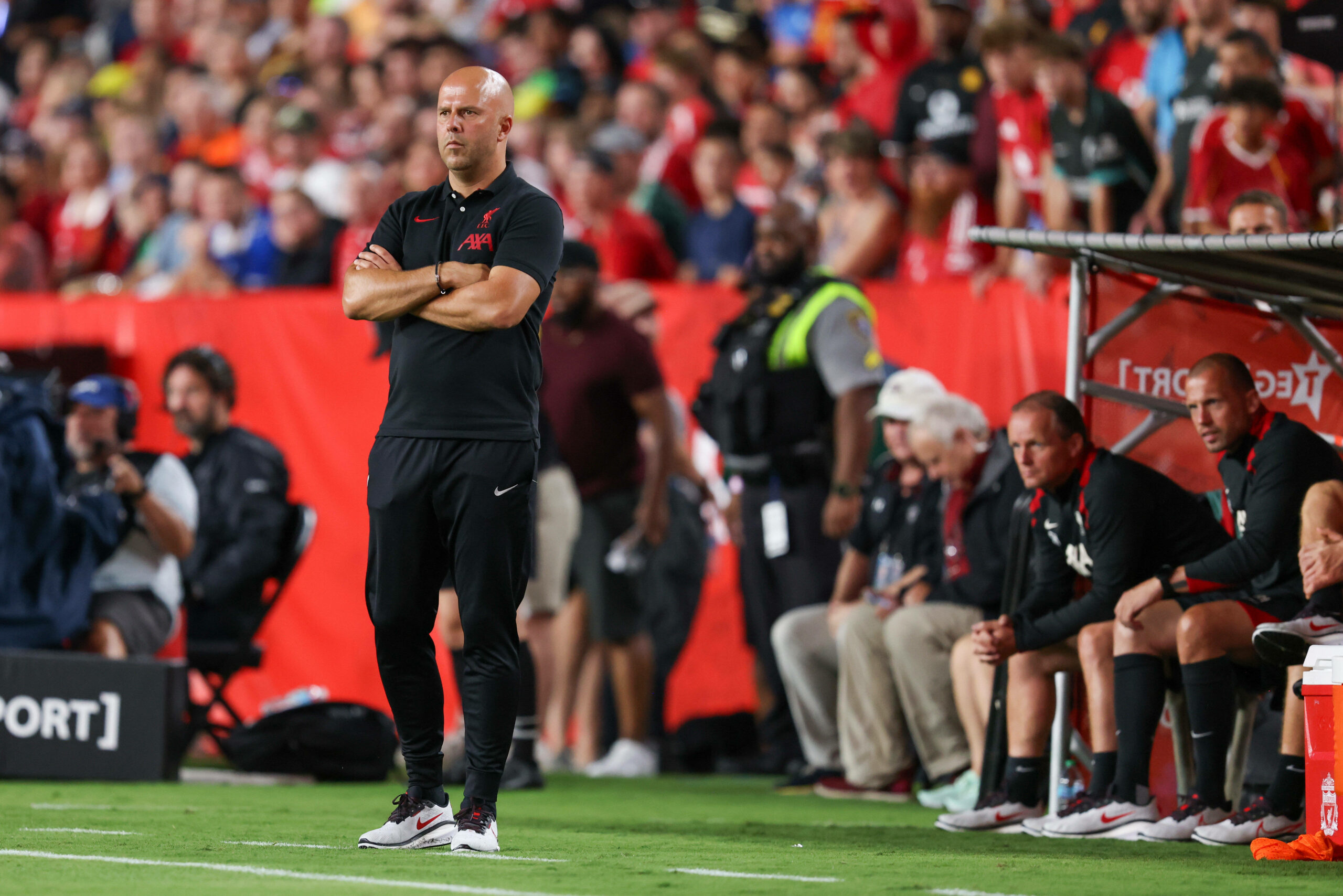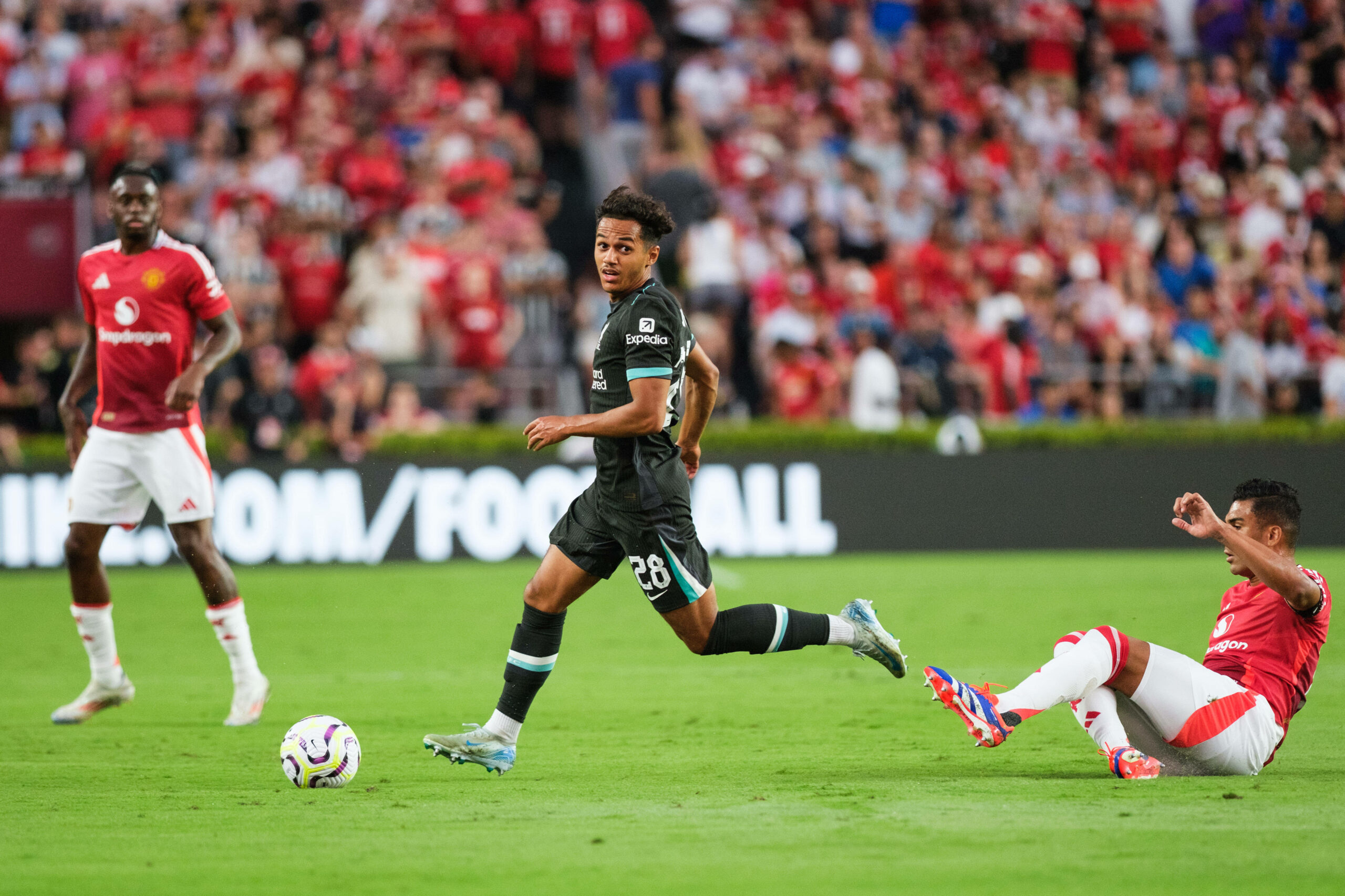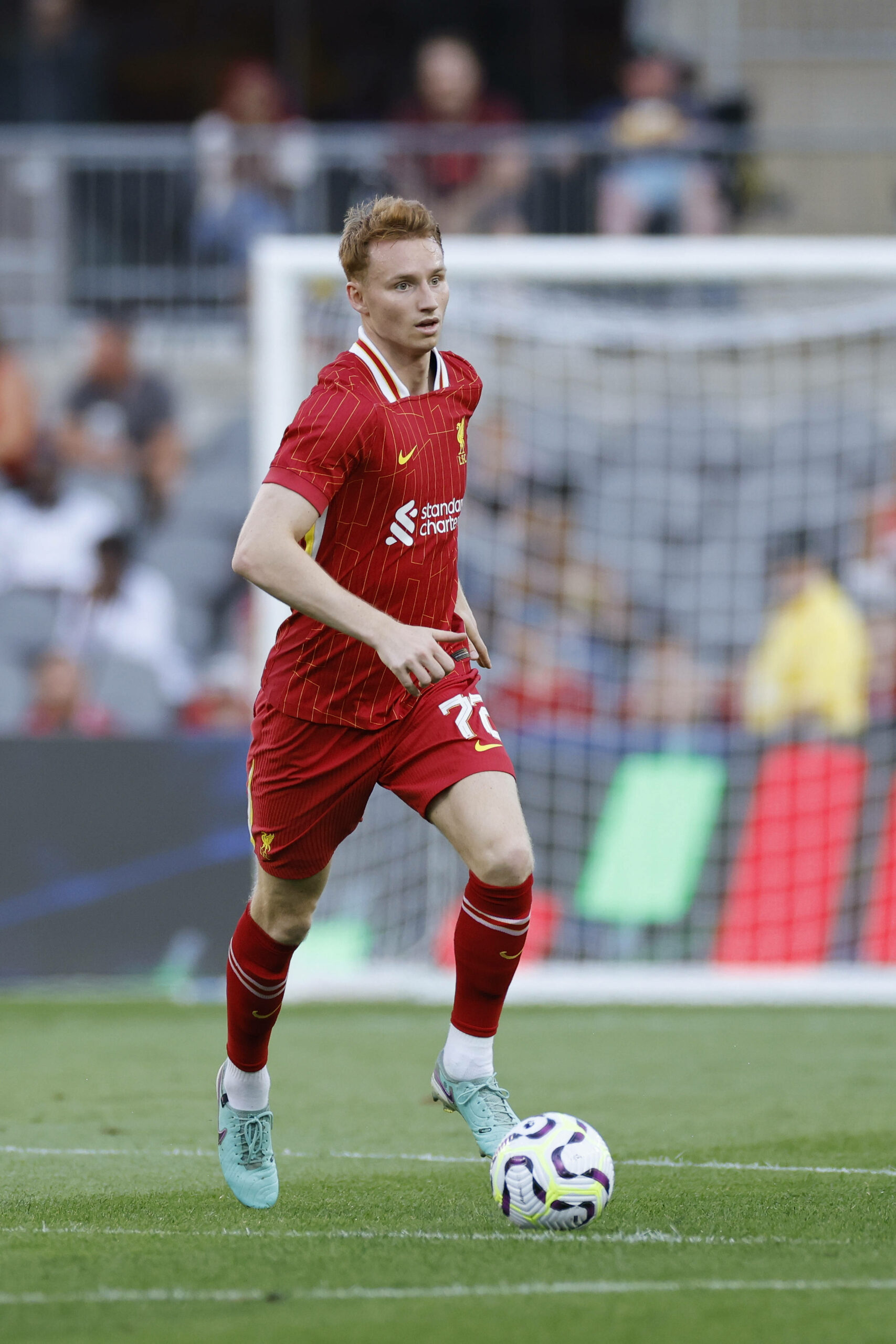Why Liverpool’s Youth Exodus is Both Sensible and Inevitable
Liverpool’s willingness to part ways with their promising young talents this summer has sparked debate among the Anfield faithful. Ben Jacobs of 90min has provided crucial insights into the reasoning behind this strategy, dispelling the notion that new manager Arne Slot is merely cleaning house. Instead, it appears Liverpool’s decision to sell or loan out these players is driven by a confluence of factors, each contributing to a broader strategy aimed at maintaining competitiveness at the highest level.
Navigating a Crowded Pathway
Liverpool’s academy has long been a source of pride, producing talents capable of breaking into the first team. Yet, the path from youth prospect to established first-team player is increasingly fraught with obstacles. The unfortunate injuries suffered by key senior players last season forced Liverpool to rely on their youngsters more than planned, as the article highlights: “Young players played a huge role in Liverpool’s 2023/24 campaign…but sources have confirmed to 90min that such a level of exposure was not planned for their academy talents.”

This unexpected reliance on youth, while yielding some impressive performances, also exposed the gap between promise and readiness at the highest level. Liverpool’s hierarchy, including Slot, now face the challenge of balancing the immediate need for results with the long-term development of young players. The decision to entertain offers for talents like Ben Doak and Bobby Clark, while retaining others like Trey Nyoni, underscores a targeted approach where only those deemed ready for the rigours of Premier League football will remain at Anfield.
Strategic Sales and Loans: A Win-Win Situation
Liverpool’s strategy this summer appears to revolve around maximising the value of their young assets, both financially and developmentally. The sale of Fabio Carvalho to Brentford for a fee that could rise to £27.5 million is a prime example. Carvalho, while talented, “made it clear this summer that he wanted a more significant role this season.” Liverpool, recognising the player’s ambitions and the financial offer on the table, opted for a sale that benefits both parties.

Similarly, the potential departure of Sepp van den Berg, valued at around £20 million, reflects Liverpool’s pragmatic approach to managing their squad depth. Van den Berg’s desire to leave, driven by concerns over his pathway to the first team, is a sentiment echoed by many young players across top clubs. As Jacobs reports, “Van den Berg has openly admitted his desire to leave Liverpool this summer.” By cashing in on such players, Liverpool not only secure significant transfer funds but also avoid the scenario of stagnation where promising players linger on the fringes without sufficient game time.

New Manager, New Opportunities
The arrival of Arne Slot at Anfield has inevitably brought changes to Liverpool’s tactical approach and squad management. However, it’s important to note that Slot’s decisions regarding young players have not been made in isolation. The article makes it clear that Liverpool’s decision-making process is collaborative, involving the club’s hierarchy and informed by extensive player assessments.
Slot’s influence is evident in the careful evaluation of players like Ben Doak, who could either be loaned out or sold depending on the offers received. This flexibility in dealing with young talent is key to maintaining a competitive squad while also ensuring that emerging players are given the best chance to develop, whether at Anfield or elsewhere.
Investing in the Future
While Liverpool have been willing to sell some of their young prospects, they are not neglecting the academy’s future. The acquisition of 16-year-old Rio Ngumoha from Chelsea illustrates the club’s ongoing commitment to nurturing talent. Moreover, the decision to keep Trey Nyoni around for the coming season signals Liverpool’s intent to carefully manage the development of their brightest talents. As Jacobs notes, “the door to the first team remains open for the top performers in Liverpool’s academy.”
This blend of selling, loaning, and retaining players is a strategy designed to ensure that Liverpool remain competitive in the short term while building for the future. It’s a balancing act that requires both courage and foresight—traits that have served Liverpool well in their recent successes.
Our View – Anfield Index Analysis
From an Anfield Index perspective, the club’s strategy this summer might seem unsettling to some fans, especially those who have grown attached to the idea of seeing academy graduates flourish in the first team. However, it’s essential to view these decisions through the lens of long-term squad management.
Liverpool’s willingness to sell young players like Fabio Carvalho and potentially Sepp van den Berg is not an indication of abandoning youth development but rather a pragmatic approach to ensuring that the squad remains balanced and competitive. For every player sold, there’s a plan in place for those who stay. The retention of Trey Nyoni, for example, shows that Liverpool are still committed to promoting youth when the timing and circumstances are right.
Moreover, the funds generated from these sales could be reinvested into the squad or the academy, ensuring that Liverpool continues to compete at the top level. The signings of young talents like Rio Ngumoha indicate that the club is not closing the door on youth development but rather being more selective and strategic.
In conclusion, while it may be difficult to see promising players leave, Liverpool’s approach this summer should be viewed as a calculated effort to maintain their status as a top club. The decision to sell or loan out young players is part of a broader strategy that prioritises both immediate success and long-term sustainability. As fans, it’s important to trust the process and recognise that these moves are made with the club’s best interests at heart.



